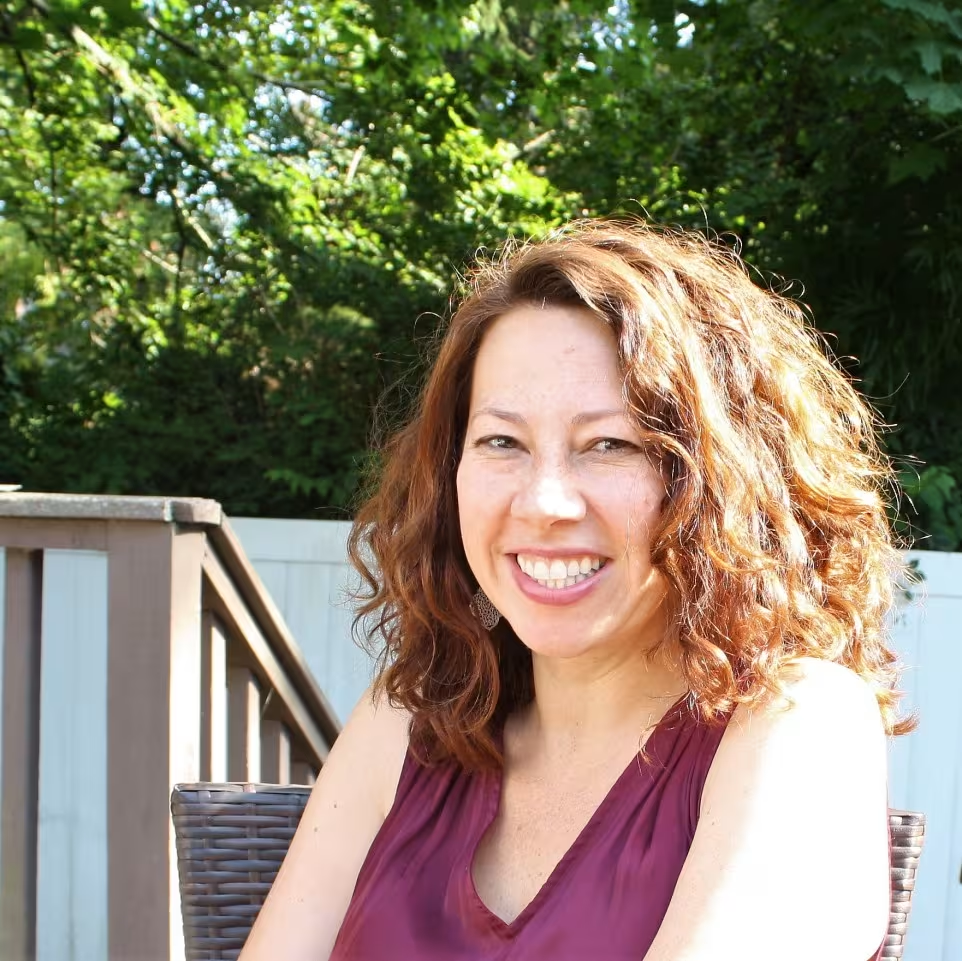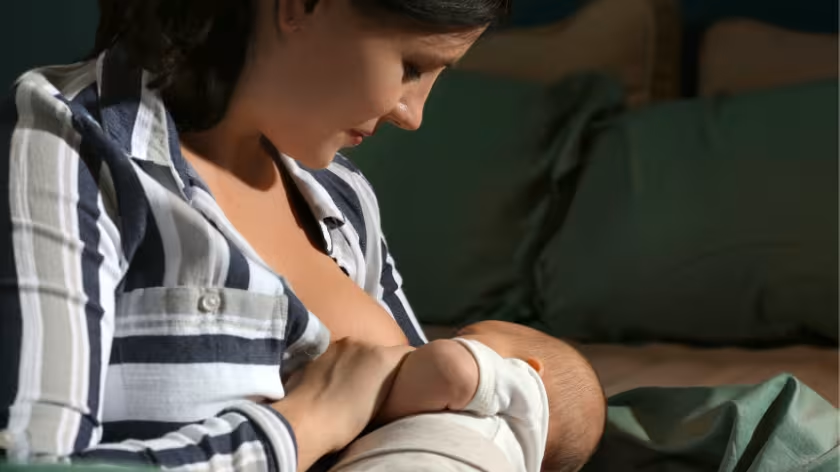Ask an expert with Amy Bassett
Updated Oct 16, 2025

We recently hosted sleep consultant and lactation consultant Amy Bassett on our Instagram to take your questions about all things baby. Amy has helped thousands of families problem - solve issues that are affecting harmony and sleep in the home, and we believe she can help you, too! Here are some of the questions that were posed to her during our "Ask Me Anything."
Feeding
As a lactation consultant and a sleep consultant, Amy is uniquely qualified to answer questions about feeding and sleep. Whether you're wondering about sleep associations or considering how to time naps around a full tummy, we're here to help.
My 4 month old rarely sleeps longer than 30 minutes for naps and needs two night feedings. Normal?
Short naps and 2+ night feedings are very common for 4 month olds. Around 5 - 6 months, babies generally fall into a more consistent daily schedule and naps lengthen. Hang in there!
Is it OK for a 5 month old to still wake up at night for a feed?
Absolutely! Many babies will continue to wake up overnight to feed until they are closer to 7 - 9 months old.
I have a 5 week old. Do you recommend a cluster feed before bed to get a longer sleep stretch?
Cluster feeding before bedtime is a fantastic idea! Letting your newborn "fill their tank" before bed helps lengthen the first stretch of overnight sleep.
When should a "dream feed" be dropped?
Dream feedings can still be helpful until your child is physically ready to night wean. See our article for more information about your baby.
If my baby has been up prior to the next feeding and past his wake window and needs feeding again, do we put him down right after feeding or do another wake window until the next nap?
In this situation, we recommend feeding your baby before putting them down for the nap. Ensuring baby has a feed ~20-30 minutes prior to naps helps babies nap longer.
My baby is almost 10 months and waking every 3 hours. I try not to feed every time. What can I do?
Checking for sleep associations such as feeding to sleep at bedtime can help reduce these frequent night wakings. Once your baby can fall asleep on their own, falling back asleep in the middle of the night will be easier.
How many ounces of pumped milk should a 4.5 month have in a 24 hour period?
This really depends! If exclusively bottle feeding, the average range would be 25 - 35 ounces per day of breast milk.
Sleep schedules
Month by month sleep schedules are our specialty here at Huckleberry! Don't forget to check out for more tips specific to your little one's age.
What is the best schedule for an 11 month old if the goal is 12 hours of night sleep?
Often the ideal nap schedule for an 11 month old with the goal of 12 hours of night sleep is 2 naps per day, for a total of 2 - 3 hours of daytime sleep. Most children need 3 - 3.75 hours of awake time in between sleep periods at this age. We actually have an entire article dedicated to answering questions about sleep needs and schedules for 11 month olds.
My 18 month old just moved to one nap. What's the best timing and length for this nap? Best wake windows?
Approximately 5 hours after morning wake up is a good time to begin the nap. We hope to see at least 90 minutes of daytime sleep at 18 months. See our .
With my 3 month old, we do a play-eat-sleep routine. Is that setting us up for problems in the near future?
Feeding before sleep is often beneficial for babies 4 months old and under. Once wake windows lengthen, swtiching to a different routine may work better for your family.
What are the wake windows, sleepy cues, or both at 3.5 months adjusted?
If you're not already using SweetSpot, consider adding it to your account/app. SweetSpot helps customize wake windows for babies.
My 12 week old only naps 25 - 30 minutes max in crib. Should we try to help him extend it every nap?
We recommend trying to extend the two "main naps" of the day for babies under 6 months old. At 12 weeks, babies generally still need 4 - 5 naps per day.
General tips
Remember that whether you're a new parent or have been doing this for years, there are no silly questions — and chances are, other caregivers have been in your shoes. Take advantage of our knowledgeable sleep experts and the Huckleberry app to level up your game.
Any tips to help my 2.5 year old fall asleep faster at night? She takes forever to wind down!
A toddler needs enough time to wind down and fall asleep. We recommend also limiting stimuli before bed (engage in quieter routines).
When should a newborn consistently be able to put themself to sleep?
Most newborns are unable to consistently put themselves to sleep. After the fourth trimester (first three months), though, falling to sleep independently becomes easier.
My son is 5 months and has had a cold for a week. He's having trouble staying asleep.
We're sorry to hear your little one has a cold! After speaking with your child's pediatrician, also double-check the wake windows you're using are age-appropriate.
When can babies sleep with a blanket and/or a softy? Our baby is 8 months old.
The American Academy of Pediatrics (AAP) recommends keeping loose blankets, pillows, and stuffed toys out of a child's sleep space until they're at least 1 year old.
Can I give a paci even when trying to teach my baby to fall asleep independently?
babies fall asleep. Remember: Babies need to have developed fine motor skills before they'll be able to seek out and replace pacifiers on their own.
I'm trying to rock to calm only. But every time I stop, she screams and body tenses. Advice?
You are not alone! This is a topic many caregivers have questions about. Fading out sleep associations with movement can be challenging. Our sleep plans provide personalized tips for this process.
How do I transition my baby away from contact naps? She won't take a paci.
Keeping in mind that contact naps are very normal for newborns, older babies can benefit from being put down drowsy but awake after being held/worn. Start with morning naps for best results!
Share article:
Note: The content on this site is for informational purposes only and should not replace medical advice from your doctor, pediatrician, or medical professional. If you have questions or concerns, you should contact a medical professional.
Share article:









